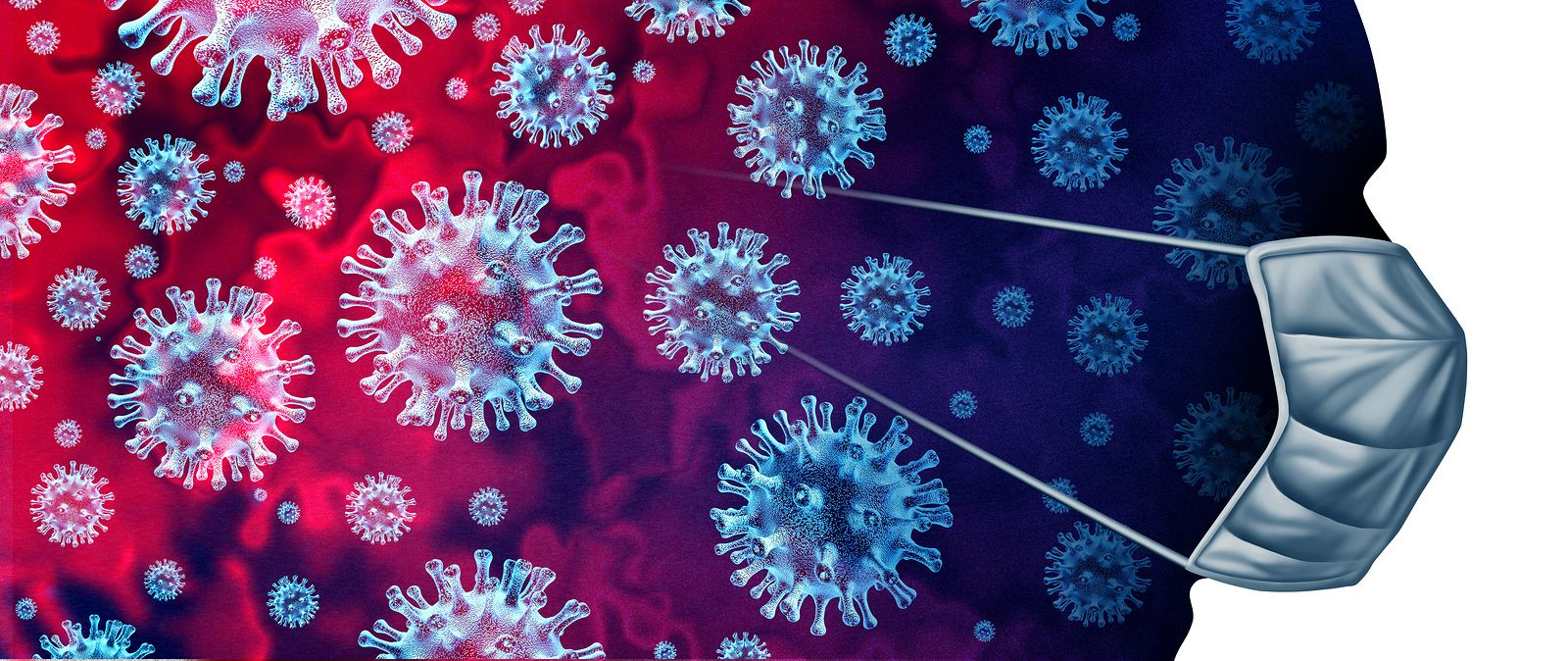WASHINGTON, DC (June 17, 2020) – As cases of COVID-19 spread around the world, many public health experts are using policy or infectious disease frameworks to guide the response to this public health emergency. A commentary published today urges experts to consider using the framework of ‘commercial determinants of health’ in the battle against the virus.
Traditionally, commercial determinants of health have been defined as tactics used by the private sector to sell or promote harmful products, such as tobacco. However, these determinants can also be used to promote good health behavior. The authors argue that these commercial factors are also important for COVID-19 and should include private sector actions that can help maintain good health.
“Commercial determinants of health can amplify the spread of the virus, but they can also play a role in flattening the curve,” said Adnan A. Hyder, MD, MPH, PhD, the lead author of the commentary and director of the Center on Commercial Determinants of Health at the George Washington University Milken Institute School of Public Health (Milken Institute SPH). “By identifying these determinants and working with industry to ramp up the production of essential medical supplies, public health professionals and policy makers have the opportunity to alter the course of this pandemic.”
The authors note that the private sector could not keep up with the demand for crucial protective supplies, such as hand sanitizer, as the outbreak continued to grow. Such shortfalls probably contributed to the spread of the virus, especially in countries where soap and water are also in short supply, said Hyder, who is also a professor of global health and senior associate dean for research at Milken Institute SPH.
Some companies simply lacked the capacity to meet the increased demand once the virus started spreading. Yet, with the proper incentives, others would have re-focused their activities or ramped up production of key shortage items such as sanitizer, facemasks, test kits and ventilators, Hyder said.
Air travel, public transportation, restaurants and other business models where people are in close contact can play an outsized role in COVID-19 transmission. The authors point out that many such businesses shut down to help slow the spread of the virus. However, in other cases, decisions by private companies put consumers at risk.
In the most publicized example, a company called JusCollege continued to charter jets to Mexico so that college students could get away for spring break. The company encouraged students not to cancel their trips, refused to offer refunds and said the virus posed no risk to travelers.
“With the right combination of incentives and strong regulation, most companies will support the public health effort to keep people safe,” said Nino Paichadze MD MPH, co-author and associate director of the Center on Commercial Determinants of Health. “Companies can also support production of key supplies and ensure that patients have access to potentially life-saving treatments.”
The commentary, “Commercial Determinants of Health: The Role of the Private Sector in the Response to COVID-19,” was published in Think Global Health, a website that is the initiative of the Council on Foreign Relations. In addition to Hyder and Paichadze, Meghan Werbick and Paul Ndebele at Milken Institute SPH, served as co-authors on the commentary.


